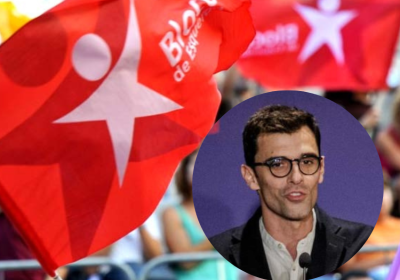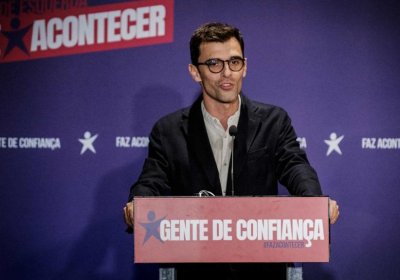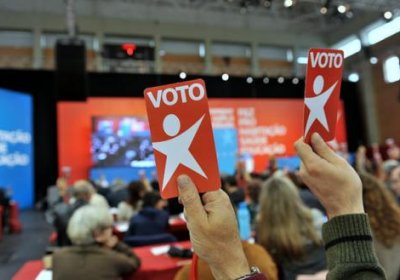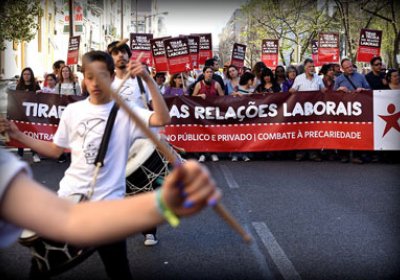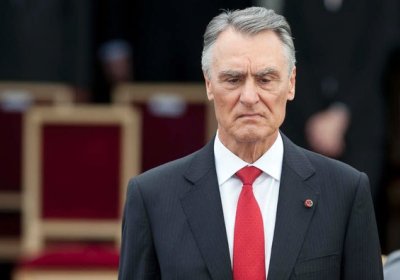In Part 2 of our interview, Left Bloc leader Jorge Costa discusses the recent rise of the far-right Chega (Enough) party in Portugal, with Green Left’s Dick Nichols.
Portugal
Left Bloc leader Jorge Costa discusses Portugal’s politics under the Socialist Party (PS) government and the party’s changing relation to it, with Green Left’s Dick Nichols.
It was inevitable that the 12th National Convention of Portugal’s radical Left Bloc, the third largest parliamentary force, would be unlike its predecessors, writes Dick Nichols.
The results of the October 6 elections for the 230-seat Portuguese parliament delivered four main outcomes: a historic thrashing of the right; a strong lift in support for the governing Socialist Party (PS); increased variegation of the vote to the left of PS; and a record abstention rate, writes Dick Nichols.
In 2019, European and legislative elections will take place in Portugal in a national political context different from anywhere else in the European Union (EU), where austerity policies still reign and the racist and xenophobic right is rising, writes Dick Nichols from Lisbon.
Over the past three years in Portugal, the minority Socialist Party (PS) government has been supported from outside by the Left Bloc, the Communist Party of Portugal (PCP) and the Ecologist Party-The Greens (PEV).
In these almost two years of socialist government, it has been possible with the support of the left-wing parties, to reverse privatisations in public transport, restore four previously eliminated national holidays, reverse salary cuts for public sector workers, reduce the working week in the public sector to 35 hours, eliminate the surcharge on individual income tax and increase the supplementary solidarity payment for the elderly as well as family allowances and other social subsidies.
However, despite this progress, the current and future situations is not without cause for concern.
A month ago, on August 8, it became official — the high school governors agreed that the headmaster had acted correctly in not caning the two miscreant schoolboys.
The schoolboys are Spain and Portugal; their misdemeanour was to keep missing their public sector deficit reduction targets set under the European Union’s “excessive deficit procedure”. The headmaster is the European Commission, headed by President Jean-Claude Juncker, and the school governors are the finance and economy ministers of the EU’s 27 member states — who meet as the Ecofin committee.
A coalition of the parties of the Portuguese left — the Socialist Party (PS), the Left Bloc, the Communist Party (PCP) and the Greens (PEV) — won a motion of no-confidence in the parliament on November 10.
- Page 1
- Next page
